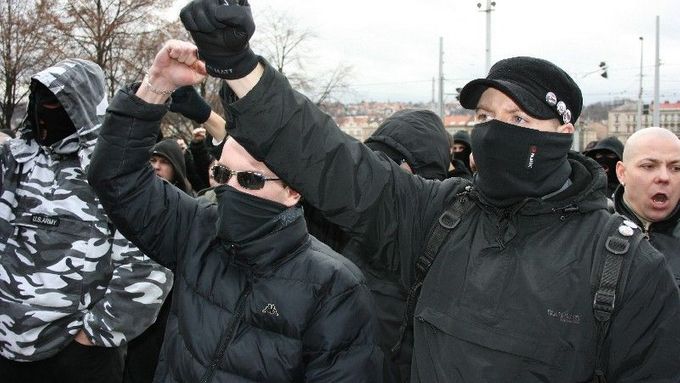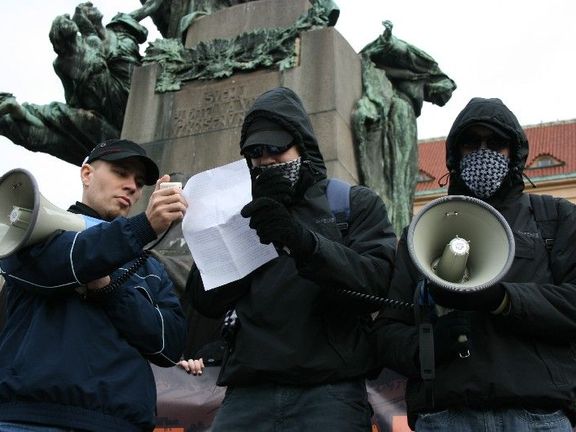Prague - Municipalities will have more time to consider requests for demonstrations or marches and to decide whether their intentions are legal.
A new amendment to the law on assembly is being prepared by Minister without Portfolio Džamila Stehlíková and Interior Minister Ivan Langer and could be ready for consideration by cabinet as early as this year.
The primary change will be simple - the time limit of three days that officials currently have to make a decision on whether to prohibit an assembly will be extended to five days or three working days. Politicians cannot agree to larger changes to the law as they do not want to limit the basic human right of assembly.
"This, in essence, only eliminates errors. Three days is not enough to make an appropriate decision. Moreover, there is room for abuse. If someone sends a request on Friday morning via the internet, the deadline runs through the weekend. On Monday, no one has enough time to make a qualified decision. The same is true at Christmas," explains Minister Stehlíková.
Municipalities: Better than nothing…
Plzeň Mayor Pavel Rödl, who initiated the amendment, reacted to the proposal by saying "Something is better than nothing." However, he did envisage other changes such as municipalities or the courts being able ban an already-announced demonstration if it appears that it would serve to propagate Nazism or racism.
"Someone now notified us of a march in support of children around a church. We of course didn't forbid it and the organizers began over the internet to agree on how to set fire to the church. We aren't able to do anything now and the police can only get ready to interfere if someone really does try to set the church on fire," affirmed Rödl.
The debate to tighten up the law on assembly began as a result of events in Prague and Plzeň when neo-Nazis declared their intention to hold a march to mark the anniversary of the holocaust in November last year. The march was called on the anniversary of Kristallnacht or the Night of Broken Glass and was to go through Prague's Jewish Quarter.
Stehlíková also envisaged more sizeable amendments, which might have forbidden demonstrations at religious locations, for example. She understands however that larger amendments would not likely be approved by the coalition in parliament.
"For that reason, we have chosen a minimal path, rather technical amendments, which remove the errors in the current legislation," explains Stehlíková. The Justice Ministry still has to prepare its comments on the proposal. According to the Stehlíková, the ministry agrees with the extended time period.
"The ministry is compiling remarks to the proposal. The minister will not be submitting his own amendment," stated Justice Ministry spokesperson Zuzana Steinerová.
Experts don't want a tighter law
The initiative to tighten up the law on assembly has many opponents, both among politicians and legal experts.
"I don't see any reason why the law on assembly should be amended or even tightened. Such an amendment would likely leave room to constrain of the effectiveness of this law and would try to strictly limit who could gather and who couldn't. That kind of approach opens up space for discrimination, thanks only to a momentary trend," stated Ombudsman Otakar Motejl in an article for the magazine Respekt.
According to the ombudsman, society has other tools apart from stricter legislation to defend against extremism. "Condemnation, allusions to moral and human baseness, and foremost the refusal to publicize controversial gatherings are considered to be more effective," writes Motejl.

